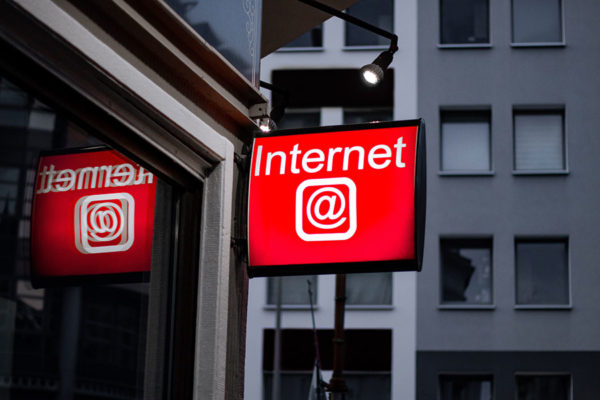
What is False Light?
This page has been peer-reviewed, fact-checked, and edited by qualified attorneys to ensure substantive accuracy and coverage.
False light is one of several torts under the category of invasion of privacy where a defendant is accused of spreading falsehoods about a plaintiff that would be considered objectionable by the average person. False light is a privacy tort that is similar to defamation. The tort of false light allows individuals and businesses the right to protect themselves against the public dissemination of information, which puts them in a “false light.”
Elements of a False Light Claim
The following elements are generally required to prove the tort of false light:
• The defendant publicized what he or she said about the plaintiff to others (typically information must be widely published, not just to a single person like defamation);
• The statement showed the plaintiff to the public in a “false light” (i.e., the defendant communicated something false);
• The statement would be highly offensive to a reasonable person; and
• The defendant was at fault and/or acted with malice (to act with actual malice means the defendant knew or was reckless to the falseness of the statement).
Damages for the Tort of False Light
Under the tort of false light, a plaintiff can receive damages for the emotional harm that he or she suffered by the spread of the falsehood. Good faith on the part of the defendant, such as the defendant not knowing that what he was telling others was a lie, is typically not a defense to this tort. If a court finds that the tort of false light occurred, it will award damages, order an injunction, or both. Damages are calculated based on the extent of the harm suffered by the plaintiff.
Distinguishing Between False Light and Defamation Claims
As stated earlier, the tort of false light is very similar to the tort of defamation. In fact, several states do not even recognize the tort of false light because there can be so much overlap with the tort of defamation. The main difference between false light and defamation is that false light generally addresses the emotional distress (or dignity) a victim experiences from false statements, whereas defamation address the harm to a person’s public reputation.
False Light Removal Attorneys
If you believe that someone has published information about you or your business in a highly offensive or embarrassing manner on the internet, contact the experienced internet defamation removal attorneys at Minc Law to evaluate your case. The attorneys at Minc Law are well-versed in false light law, and in many instances, it is possible to completely remove content from the web that put you or your business in a false light. To schedule a free, no-obligation initial consultation with an intake specialist, call (216) 373-7706 or schedule a meeting online.
★★★★★
“Minc Law did an outstanding job on our case, particularly Daniel and his team. They guided us through the entire process of unveiling the individual who was defaming our business online, and then all the way through to getting a satisfactory settlement. They always returned calls and offered sound advice for whatever came up during our case. If I ever need these types of services again, I will definitely go to them first.”
Jason Moore, May 11, 2021



